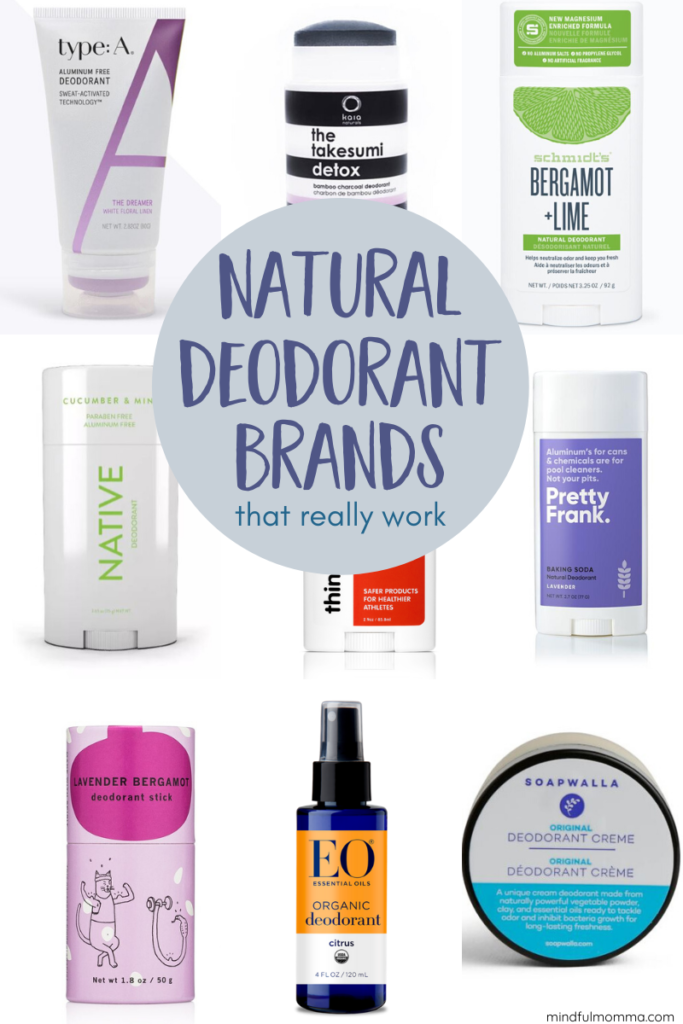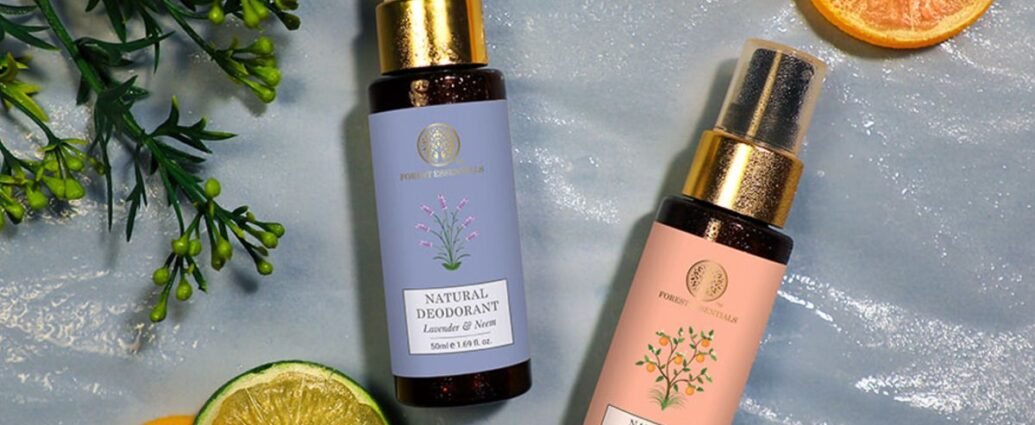Body odor is caused by bacteria hanging out on our skin. These little guys feast on sweat and make some pretty stinky scents. Deodorants and antiperspirants both do their part to tackle the funk. The thing is, antiperspirants put a stop to sweating, while deodorants usually have stuff that soaks up sweat, kills bacteria, or covers up smells.

The U.S. is uniquely averse to the smell skin-dwelling bacteria produce. In 2023, the U.S. deodorant market was worth a whopping $6 billion, a quarter of the total global market.
A lot of natural deodorants say they don’t have stuff like aluminum, phthalates, and parabens. But do these supposed “safer” and “greener” products really make a difference for your health or the environment?
“Natural” can mean anything from using only plant-derived ingredients to lacking aluminum compounds that can be absorbed through the skin.
Aluminum crystals and other mineral salts are meant to prevent bacterial growth while prebiotics and probiotics purport to lessen smelly bacteria on your skin. While there’s some evidence that aluminum crystals work well, most of these ingredients haven’t been rigorously tested for efficacy.

Some natural deodorants claim to be chemical-free, not just aluminum-free. They want you to know they don’t have parabens or phthalates. Parabens are usually used to keep things fresh, and phthalates help them spread smoothly.
Both are known, endocrine disrupters, chemicals that mess with the body’s hormone-making abilities (you can even find them in other stuff like personal care products, meds, and even some foods). Endocrine disruptors have been linked to cancers in laboratory mice, causing worries that they might cause similar effects in humans.
Also please be informed, it doesn’t automatically mean that an ingredient is safe just because it comes from a plant. Some plant-derived stuff can mess with your hormones too, like lavender oil and tea tree oil for instance.

There could also be a solid environmental reason to avoid fragrances. In 2018, Brian McDonald from NOAA and his team did a study that found deodorants, shampoos, and other smelly stuff actually add a lot to pollution in big cities in the US. They release these things called volatile organic compounds (VOCs), especially now that car emissions have decreased.
The deodorant industry also produces 15 billion pounds of plastic every year, which contributes to the global plastic waste problem.
Reference- National Geographic, Science, The Guardian, Vox, NOAA website, Women Health






